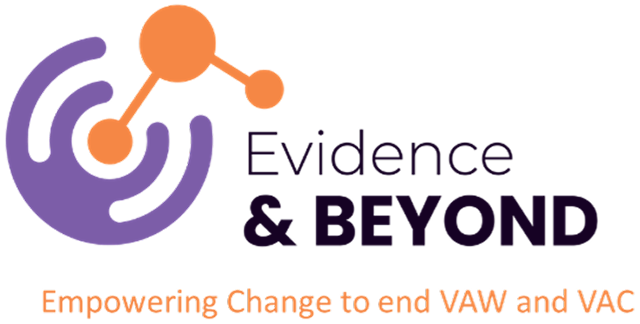A partnership with the Ministry of Education, Teachers Service Commission, LVCT Health, and Evidence and BEYOND. Funded by Together for Girls and Wellsprings Philanthropic Fund.
Despite being banned in 2001, corporal punishment remains a common practice in many Kenyan schools. Caning, slapping, and humiliation continue to harm children’s mental health, undermine their learning, and reinforce cycles of violence. Teachers often lack training in positive alternatives, and children are rarely aware of their rights.
The LEARN (Learning Environments that Advance Rights and Nonviolence) project was designed to change this reality. By addressing multiple levels of the school ecosystem, it promotes non-violent discipline, child protection, and social-emotional learning.
Phase One (2024 to 2025): Developing and Testing the Toolkit
The first phase focuses on piloting the LEARN Toolkit in select schools in Kiambu and Homa Bay Counties. The toolkit includes:
- Learners: Heroes in the Making, an illustrated workbook with 18 sessions on rights, safety, emotions, conflict resolution, and friendships. Learners also complete take-home reflections with caregivers to spark dialogue at home.
- Teachers: A four-day training and ongoing mentorship through peer learning groups and digital microlearning, supported by My Caring Classroom Companion and reflective journals.
- School Leaders: Headteachers and Boards of Management use simple accountability tools and termly reflection circles to embed LEARN into school policies and routines.
- Caregivers: Short, structured sessions at PTA forums and learner take-home activities encourage safe, supportive parenting.
Baseline data collection will begin in November 2025 in two pilot schools in Kiambu and Homa Bay Counties. This will be followed by one cycle of the intervention, after which an endline evaluation will be conducted to assess feasibility, acceptability, and early effects. Evidence from these evaluations will guide refinement of the toolkit for wider use.
Phase Two (2025 to 2026): Refinement and Scale-Up
Building on pilot results, Phase Two will refine the toolkit materials and prepare them for integration into school systems. Drafts will be pretested with learners and teachers, revised, and finalised for rollout. With strong engagement from national and county education stakeholders, the LEARN model aims to be scalable, cost-effective, and sustainable.
Looking Ahead
By 2026, the LEARN partnership will deliver a practical whole-school intervention, tested and refined for the Kenyan context. This work is setting the stage for safer, more inclusive schools where children are protected, respected, and able to thrive.
Link to our Library ![]() https://evidenceandbeyond.org/our-library
https://evidenceandbeyond.org/our-library

